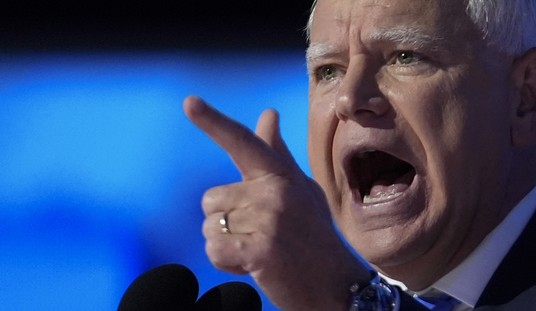On the social media front, the Iranian opposition is struggling hard, the Tehran regime is energetic, but the U.S. government is barely trying.
After the apparently stolen 2009 presidential election, a vigorous protest movement arose and was repressed on the streets. But in the absence of a free press, the Internet became the opposition’s tool to tell the world what was happening inside the country. Pictures and video of repression circled the world, and millions of people saw Iranians like Neda Agha-Soltan being shot in cold blood.
Responding to the situation, the Iranian regime cracked down on cyberspace, too. It even created a cyber police force, Satup, and passed new laws for monitoring the Internet and arresting cyber activists. Reportedly, it has imported equipment from China to monitor citizens’ activities and break codes to read mail while identifying anonymous dissidents who send news or messages. The repression of bloggers and threats of arrest make it far harder for Iranian cyber activists to get news out of the country or to obtain information from abroad.
“Parham,” an Iranian activist who has now fled to Turkey, recounts his first interrogation after being arrested:
“The interrogator put a folder in front of me. He read a few lines and then looked to me and said, `You have been checking BBC Persian and Voice of America’s websites on a daily basis for the past year. You know it is against the law to go to these websites. We have all the details about your activities online during the past two years. Then he asked me to tell him who my friends are.’”
The Obama administration, however, has not fulfilled the plan of Bush-era Secretary of State Condoleezza Rice to spend $75 million to promote pro-democracy groups inside Iran. Instead, Iranian democracy groups received nothing and the State Department spent the money on U.S.-based think tanks and to fund a vast expansion of the Voice of America’s Persian News Network (VOAPNN).
Iran has the highest rate of Internet penetration in the Middle East. According to the World Bank, almost 39% of the Iranian people have access. There have been many independent blogs, and recently a successful satire show on VOAPNN called Parazit announced that its Facebook page passed a half-million fans.
The best way to help Iranian activists is to provide technical help to get around the government’s Internet filtering. Despite several requests for access to Anonymizer software, the U.S. government has not done so. Yet this leaves the activists helpless and severely weakens the democratic opposition. Why is the value of social media so underestimated in regard to Iran when the same facilities are interpreted as having been so hugely important in challenging regimes in the Arabic-speaking world?
For the U.S. government, helping Iranian activists circumvent government social media controls is a cheap and no-risk way to promote democracy and battle a hostile regime. There are other ways in which computer hardware can be sent into Iran and communications among Iranians strengthened outside the government’s censorship controls.
With so much rhetoric from Washington nowadays about promoting democracy and helping moderate dissidents, how can refusing to do the bare minimum in the cyberspace competition be justified?









Join the conversation as a VIP Member